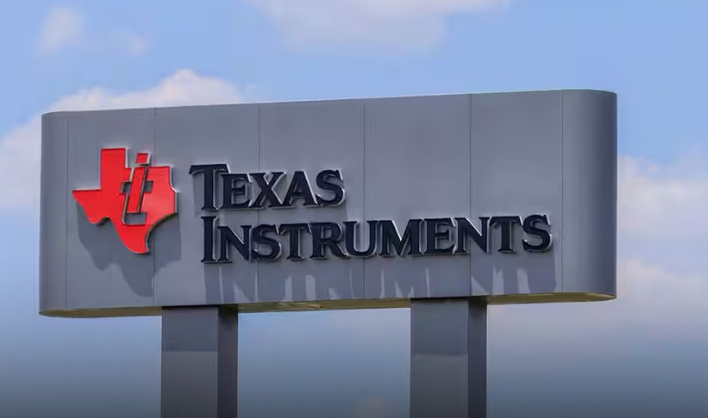Texas Instruments Inc. has secured a substantial financial boost from the Biden administration, totaling $4.6 billion in support through the Chips Act. The announcement, made Friday, includes $1.6 billion in grants and $3 billion in loans aimed at bolstering American semiconductor production.
Texas Instruments to receive $1.6B under the CHIPS Act to fund new US plants, boosting their $18B investment plan. Three new facilities in TX and UT will create 2,000+ jobs, securing the US semiconductor supply chain. #Semiconductors #USManufacturing #Texasinstruments pic.twitter.com/MD3R5hG4Nr
— Sourcewell Devices Pvt Ltd. (@sourcewellindia) August 16, 2024
This latest funding initiative will aid in the development of semiconductor manufacturing facilities in Utah and Texas. The Commerce Department outlined that these projects, costing approximately $18 billion and projected to span until 2029, will create about 2,000 manufacturing jobs, with thousands more expected during construction.
Overall, Texas Instruments plans to invest around $40 billion in its expansion across both states, including the addition of two more factories in Sherman, Texas, with operations likely starting post-2030. The Commerce Department has emphasized the importance of projects that can be completed by the end of this decade.
In addition to the Chips Act grants and loans, Texas Instruments anticipates benefiting from 25% tax credits provided by the 2022 Chips and Science Act, which could amount to between $6 billion and $8 billion. This positions Texas Instruments as a key player in the semiconductor industry, given its broad customer base and extensive product range.
The Chips Act represents a significant shift in U.S. industrial policy, with $39 billion allocated for direct grants and $75 billion earmarked for tax credits, loans, and guarantees. This initiative is designed to bring semiconductor production back to American soil, reversing decades of offshoring to Asia. The program has already awarded a majority of its funding through various preliminary grants, with final announcements expected by the year’s end.
Texas Instruments will receive a $1.6 billion grant from the US Department of Commerce to build three new chip manufacturing plants. In addition to the grant, the Dallas-based company will receive between $6 billion and $8 billion in investment tax credits. pic.twitter.com/cBVpif4j2j
— Swipeline (@Swipeline_Media) August 16, 2024
While most of the funding targets cutting-edge chip production, the Chips Act also set aside a minimum of $2 billion for less advanced, or legacy, semiconductors. Texas Instruments’ recent award meets this threshold, joining GlobalFoundries Inc., which received a $1.5 billion grant for similar purposes. Legacy chips, crucial for devices ranging from smartphones to weapons systems, remain a strategic area of concern as China intensifies its efforts in semiconductor production. In response, the U.S. has implemented measures, including increased tariffs on Chinese components.
Under Secretary of Commerce Laurie E. Locascio highlighted that this funding will enhance the security of the domestic semiconductor supply, crucial for numerous facets of modern technology and infrastructure.
Key Points:
- Texas Instruments receives $4.6 billion from the Chips Act, including $1.6 billion in grants and $3 billion in loans.
- The funding will support the construction of semiconductor factories in Utah and Texas, with projects totaling $18 billion by 2029.
- Texas Instruments plans to invest around $40 billion, including additional factories in Sherman, Texas, expected to open after 2030.
- The Chips Act, a major U.S. industrial policy initiative, aims to bring semiconductor production back to America and has awarded significant funding for both advanced and legacy chips.
- Legacy chips are vital to various industries, and the U.S. is taking steps to counter China’s growing influence in semiconductor manufacturing.
Fallon Jacobson – Reprinted with permission of Whatfinger News



